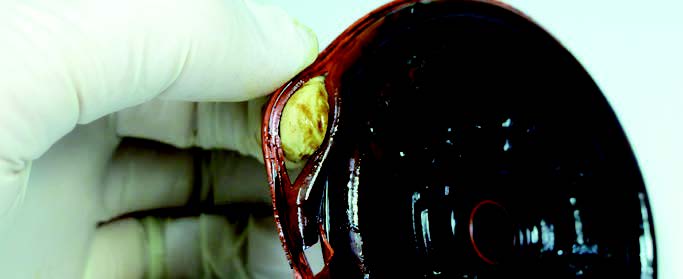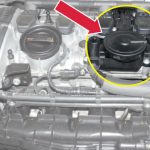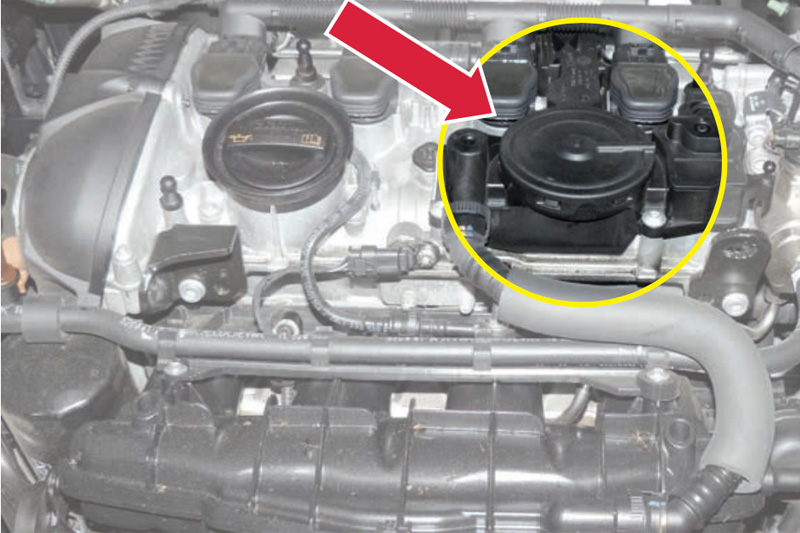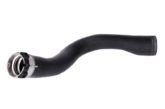In vehicles with turbochargers, power loss, rough idling, or whistling noises are indicators of a defective crankcase ventilation system. Crankcase ventilation is an important element of the combustion engine.
It removes the blow-by gases that form in the cylinder during combustion from the crankcase, thereby controlling the pressure ratios. For example, special pressure control valves, known as PCV valves, have been installed for this purpose in the VW Group’s 1.8 and 2.0L TFSI engines. PCV stands for ‘positive crankcase ventilation’ and has the task of ensuring the crankcase is properly ventilated in different load cases:
1. Idling or overrunning
The blow-by gases are supplied downstream of the throttle flap and thus also downstream of the turbocharger. In this load case there is negative pressure in the inlet manifold (see below).
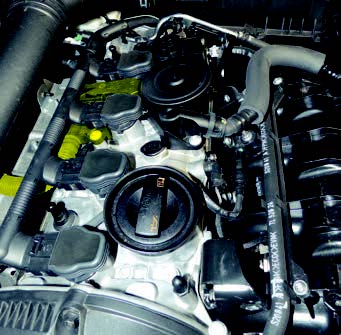
2. Partial or full load
The blow-by gases are supplied upstream of the turbocharger, as in this load case there is overpressure in the inlet manifold (see below).

In the second case (under partial/full load), the boost pressure presses on a diaphragm, which causes the PCV valve to supply the blow-by gases accordingly. If there is a defect, for example a crack in the diaphragm (see below), the boost pressure may escape directly into the crankcase and the above faulty symptoms can occur.
